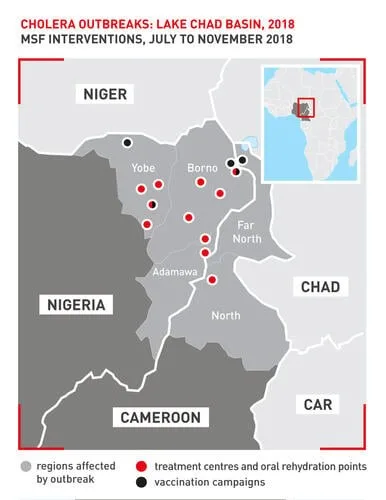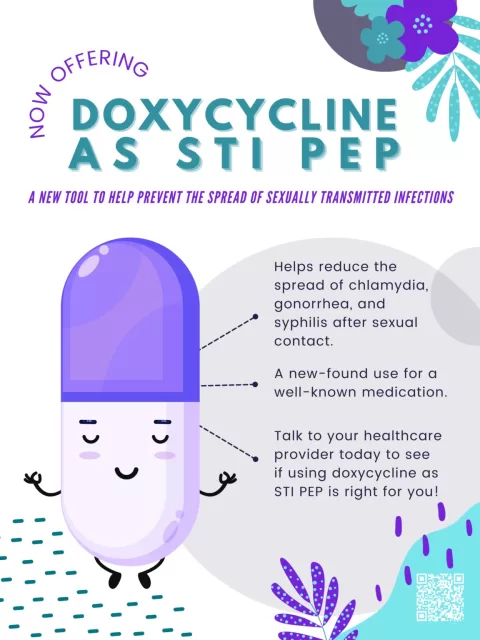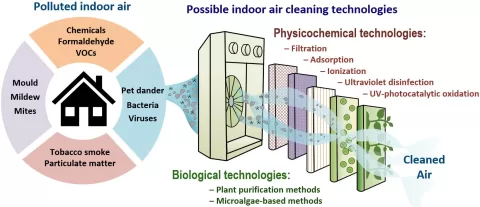Trust in health agencies is a crucial pillar of public health, but recent surveys reveal a troubling decline in confidence in organizations like the CDC and FDA. This worrying trend, particularly noted among Democrats, has led to increased public health distrust impacting attitudes towards vaccination opinions and health directives. For instance, support for the CDC’s vaccination guidelines has dropped significantly, with only 54% now expressing trust in the agency’s guidance, down from 66% earlier. Additionally, many Americans feel that recent health policies have backfired, contributing to the perception that they make the nation less healthy. As these agencies grapple with diminished trust, effective health communication becomes ever more critical to restore confidence and improve public health outcomes.
Confidence in public health authorities such as governmental health organizations and regulatory bodies has become increasingly fragile in recent years. Polls indicate a stark erosion of faith in institutions tasked with safeguarding health, highlighting a significant shift in public sentiment towards policies related to vaccination and overall well-being. A notable percentage of citizens now question the effectiveness and intentions behind health communications, reflecting a broader skepticism about the information provided by these agencies. This landscape showcases the urgent need for transparent communication and clear guidelines that resonate with the public’s concerns. Understanding the dynamics of this trust deficit is essential for revitalizing engagement with health systems and improving compliance with health recommendations.
The Declining Trust in CDC and FDA: A Cause for Concern
Recent surveys have highlighted a concerning trend regarding the trust Americans place in federal health agencies, particularly the CDC and FDA. Recent numbers show a notable decline, with trust in the CDC dropping to 54% from a higher 66% just months prior. This decline is not isolated but seems to be a reflection of broader attitudes towards health policy and communication strategies. The perception that these agencies are failing to effectively communicate vital health information can exacerbate public health issues like vaccination hesitancy, emphasizing the need for improved health communication strategies to regain public confidence.
The dip in trust correlates significantly with political affiliation. According to data, Democrats are more likely to express distrust toward these institutions compared to Republicans. For instance, 75% of Democrats believe that current health policies have made the country less healthy, reflecting a critical stance that suggests political beliefs heavily influence trust. This decline in trust can impact public adherence to health policies and vaccination recommendations, which is especially dangerous in the current climate of vaccine skepticism. Communication from these agencies may need to evolve to address these feelings of distrust effectively.
Public Health Distrust and Its Impact on Vaccination Rates
With a large proportion of Americans expressing mistrust in health agencies, vaccination rates may face a potential decline. The recent poll indicates that only 74% of people agree with CDC’s child immunization schedules, showing a drop from earlier this year. This decline can largely be attributed to a growing skepticism towards vaccines fueled by misinformation and lack of clear communication from health officials. The decrease in those who strongly agree with adhering to immunization recommendations—from 51% to 39%—signals a growing challenge for public health advocates.
The results further show a partisan divide in vaccination opinions, with Democrats expressing more confidence in CDC vaccination schedules than Republicans. This division could lead to variance in vaccination rates across political lines, suggesting that fostering trust in health agencies will require tailored messaging that resonates with different groups. Creating a dialogue around the importance of vaccines, supported by clear and accessible health communication, is essential to combat this distrust and ensure that public health standards are met.
This ongoing public health distrust poses a significant risk. As more individuals question vaccinations and their benefits, it becomes increasingly critical for health agencies to revitalize their communication strategies. A targeted approach addressing concerns and providing transparent information may help bridge the gap between public skepticism and scientific consensus.
Frequently Asked Questions
What is contributing to the decline in CDC trust among Americans?
The decline in CDC trust, which has dropped from 66% to 54%, is largely attributed to changing political sentiments and opinions regarding public health communication and childhood vaccine recommendations. Many individuals perceive that the CDC’s policies may not be beneficial, as seen in the latest poll results.
Why is FDA confidence decreasing among the public?
Confidence in the FDA has decreased from 60% to 52%, with public distrust linked to perceptions of health policies and communication strategies. The erosion of trust reflects a growing concern over food safety guidelines and the effectiveness of health agencies in managing public health crises.
What are the current public vaccination opinions regarding CDC guidelines?
Recent surveys indicate that only 74% of Americans agree that parents should follow CDC vaccination schedules, down from 81%. This decline in support suggests that trust in the CDC’s vaccine recommendations is waning, especially among different political affiliations.
How has public health distrust impacted attitudes towards COVID-19 vaccination?
Public health distrust seems to affect decisions related to the COVID-19 vaccine, with 55% of respondents claiming that CDC guidance does not influence their vaccination choices. Additionally, resistance to vaccine mandates in schools has increased, reflecting a growing disenchantment with health agencies.
What changes are people seeking in health communication from agencies like the CDC and FDA?
A significant 91% of Americans express a desire for clearer public health communications and guidelines, particularly regarding food safety and vaccines. This highlights the need for health agencies to enhance their outreach and improve trust among the public.
How does political affiliation influence views on health agency policies?
Political affiliation plays a significant role in shaping perceptions of health policies. For instance, a majority of Democrats believe recent policies have made the country less healthy, while a considerable percentage of Republicans think otherwise. This partisan divide directly impacts trust in health agencies.
What do Americans think about the safety of food regulated by the FDA?
Americans show a high level of concern regarding food safety, with 69% believing FDA-approved foods containing pesticides or artificial dyes are unsafe. This distrust reflects broader issues related to the FDA’s ability to ensure safe food practices.
How does the current health climate affect parents’ trust in childhood vaccination schedules?
As trust in the CDC declines, fewer parents strongly support childhood vaccination schedules suggested by the CDC, showing a decrease from 51% to 39%. This shift indicates a widening gap in trust towards federal health recommendations for children.
What do Americans feel about the clarity of public health guidelines?
A staggering 78% of Americans report that it is confusing to follow official health guidance, emphasizing a pressing need for health agencies to provide simple and clear instructions to help improve public understanding and compliance.
What are the implications of public distrust in health agencies?
Public distrust in health agencies like the CDC and FDA can lead to decreased compliance with health recommendations, reduced vaccination rates, and challenges in managing public health crises, highlighting the importance of rebuilding trust through effective communication.
| Key Points | Details |
|---|---|
| Declining Trust in CDC and FDA | CDC trust down from 66% to 54%; FDA trust from 60% to 52% since December 2024. |
| Partisan Trust Erosion | Trust erosion predominantly among Democrats, but Republicans also affected. |
| Immunization Schedule Compliance | 74% of adults agree with CDC’s child immunization schedules, down from 81%. |
| Impact of COVID-19 Vaccine Guidance | 55% say CDC guidance doesn’t influence their vaccination decisions. |
| Perception of Health Policies | 41% believe new health policies make the US less healthy; 19% say healthier. |
| Mistrust in Food Safety | 69% feel FDA-approved foods containing pesticides or dyes are unsafe. |
| Need for Clear Health Guidance | 91% want clearer food safety guidelines; 87% want vaccine recommendations clearer. |
Summary
Trust in health agencies has significantly declined among Americans, as reflected in the new Axios/Ipsos poll. This erosion of trust not only highlights the public’s skepticism about the guidance provided by federal institutions like the CDC and FDA but also emphasizes a growing demand for clearer and more reliable health information. With increasing doubts about childhood vaccination adherence and the safety of FDA-approved food products, it’s crucial for health agencies to rebuild this trust through transparency and effective communication strategies.
The content provided on this blog (e.g., symptom descriptions, health tips, or general advice) is for informational purposes only and is not a substitute for professional medical advice, diagnosis, or treatment. Always seek the guidance of your physician or other qualified healthcare provider with any questions you may have regarding a medical condition. Never disregard professional medical advice or delay seeking it because of something you have read on this website. If you believe you may have a medical emergency, call your doctor or emergency services immediately. Reliance on any information provided by this blog is solely at your own risk.








